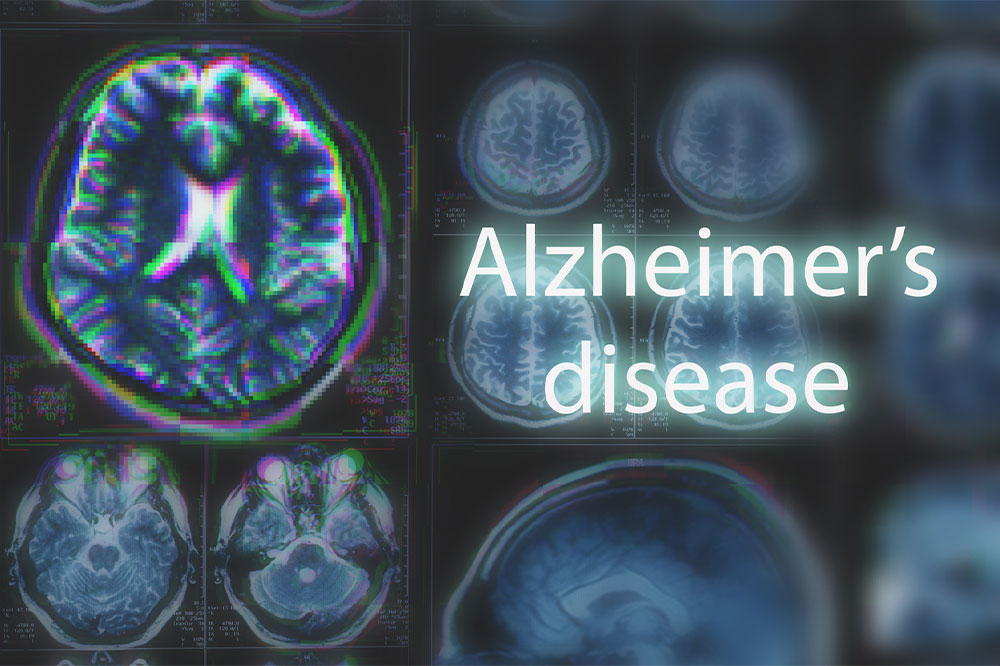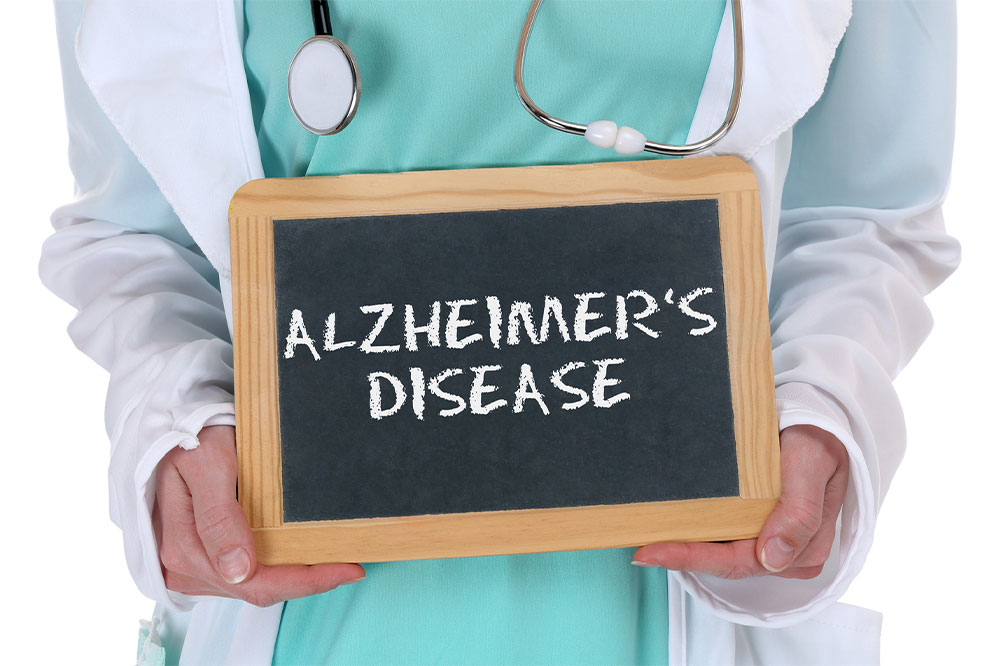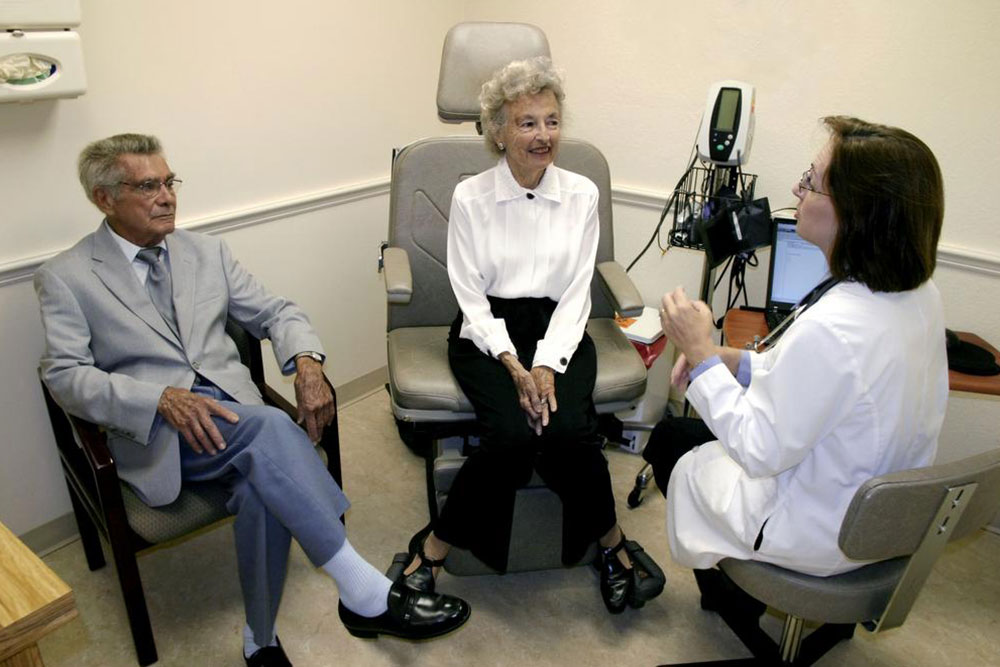Comprehensive Guide to Detecting Early Signs of Alzheimer’s Disease for Better Management
Early detection of Alzheimer’s disease is essential in managing its progression and maintaining quality of life. This comprehensive guide highlights key early signs such as memory issues, disorientation, language problems, and behavioral changes. Recognizing these symptoms promptly can lead to timely medical intervention, support, and effective management strategies. While no cure exists yet, early diagnosis allows patients to benefit from treatments that can slow cognitive decline, improve daily functioning, and delay disease progression. Awareness and proactive healthcare are vital in confronting Alzheimer’s effectively.

Understanding and Recognizing the Early Symptoms of Alzheimer’s Disease
Alzheimer’s disease is a devastating neurodegenerative disorder characterized by progressive deterioration of brain function, which leads to significant declines in memory, reasoning, language, and behavioral capabilities. As the most common cause of dementia among older adults, Alzheimer’s gradually impairs an individual’s ability to perform everyday tasks and diminishes overall independence. Currently, there is no definitive cure for Alzheimer’s, making early detection and intervention crucial in managing the disease effectively. Recognizing the early warning signs allows patients, families, and caregivers to take proactive steps to slow progression, enhance quality of life, and plan for the future.
Memory Loss and Forgetfulness One of the hallmark early indicators of Alzheimer’s is persistent memory problems. Individuals may find it increasingly difficult to remember recent conversations, appointments, or important dates. They might forget commonly used words or frequently misplace items, often blaming others or denying responsibility. Over time, these memory lapses become more pronounced and interfere with daily routines, leading to frustration and confusion.
Difficulty with Problem-Solving and Planning Early-stage Alzheimer’s often impacts a person’s ability to develop strategies or solve problems. Tasks that once seemed straightforward, like balancing a checkbook, following a recipe, or managing household bills, become overwhelming. Individuals may struggle to organize their thoughts or recall steps needed to complete routine activities, which can cause delays or errors that were not present before.
Challenges in Performing Routine Activities As cognitive decline progresses, routine tasks—such as shopping, making reservations, or operating electronic devices—become increasingly difficult. Problems in managing medications, navigating transportation, or handling household chores may emerge. Recognizing these signs early can prompt timely medical evaluation and intervention.
Disorientation and Confusion Navigational issues are common early signs. A person might forget familiar routes, get lost in a familiar neighborhood, or lose track of time and date. Disorientation can lead to dangerous situations or cause anxiety. Regularly forgetting how to reach familiar destinations or recognizing landmarks should be taken seriously.
Visual and Spatial Difficulties Problems with visual perception and spatial awareness can indicate early Alzheimer’s. These might include trouble judging distances, difficulty reading or interpreting visual information, or distinguishing between colors and contrasts. Some individuals may forget how to recognize themselves in mirrors or experience frequent falls due to spatial misjudgment, which demands immediate attention.
Language and Communication Challenges Difficulties in recalling common words, naming objects, or following conversations can be early signs. Individuals may substitute incorrect words or have trouble understanding complex instructions. This can also manifest as difficulty following movie plots, reading comprehension, or engaging in meaningful conversations.
Misplacing Items and Inability to Retrace Steps Frequent misplacement of personal belongings in unusual places—such as keys in the refrigerator or phones in the laundry—can be a red flag. The individual might insist that others are stealing items or deny any responsibility. These behaviors are often accompanied by increased frustration and confusion about personal possessions.
Altered Judgment and Decision-Making Early Alzheimer’s can influence judgment, leading to risky behaviors such as neglecting personal hygiene, poor decision-making, or falling for scams. Changes in grooming habits, neglecting household responsibilities, or making irrational choices are warning signs that should prompt medical evaluation.
Withdrawal from Social and Family Activities Cognitive decline can cause individuals to retreat from social pursuits, work, or hobbies. They may feel overwhelmed or incapable of keeping up with conversations or responsibilities, leading to isolation. Such withdrawal can exacerbately affect their emotional well-being and requires supportive interventions to maintain social engagement.
Mood Swings and Personality Changes Persistent mood fluctuations, irritability, apathy, or personality shifts are common early signs of Alzheimer’s. An individual may become unusually anxious, depressed, or suspicious without clear reason. Monitoring such changes can help in early diagnosis and management.
While no cure exists for Alzheimer’s currently, early detection remains vital. Recognizing these symptoms at an early stage allows for better management strategies, medical interventions, and planning. Supportive environments, routine schedules, cognitive therapies, and medication can help slow cognitive decline and improve living quality. Families and caregivers should remain vigilant, and anyone noticing these signs should consult healthcare professionals for comprehensive assessment and personalized care planning.





